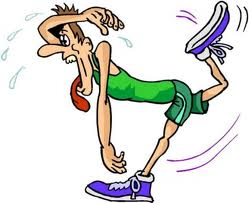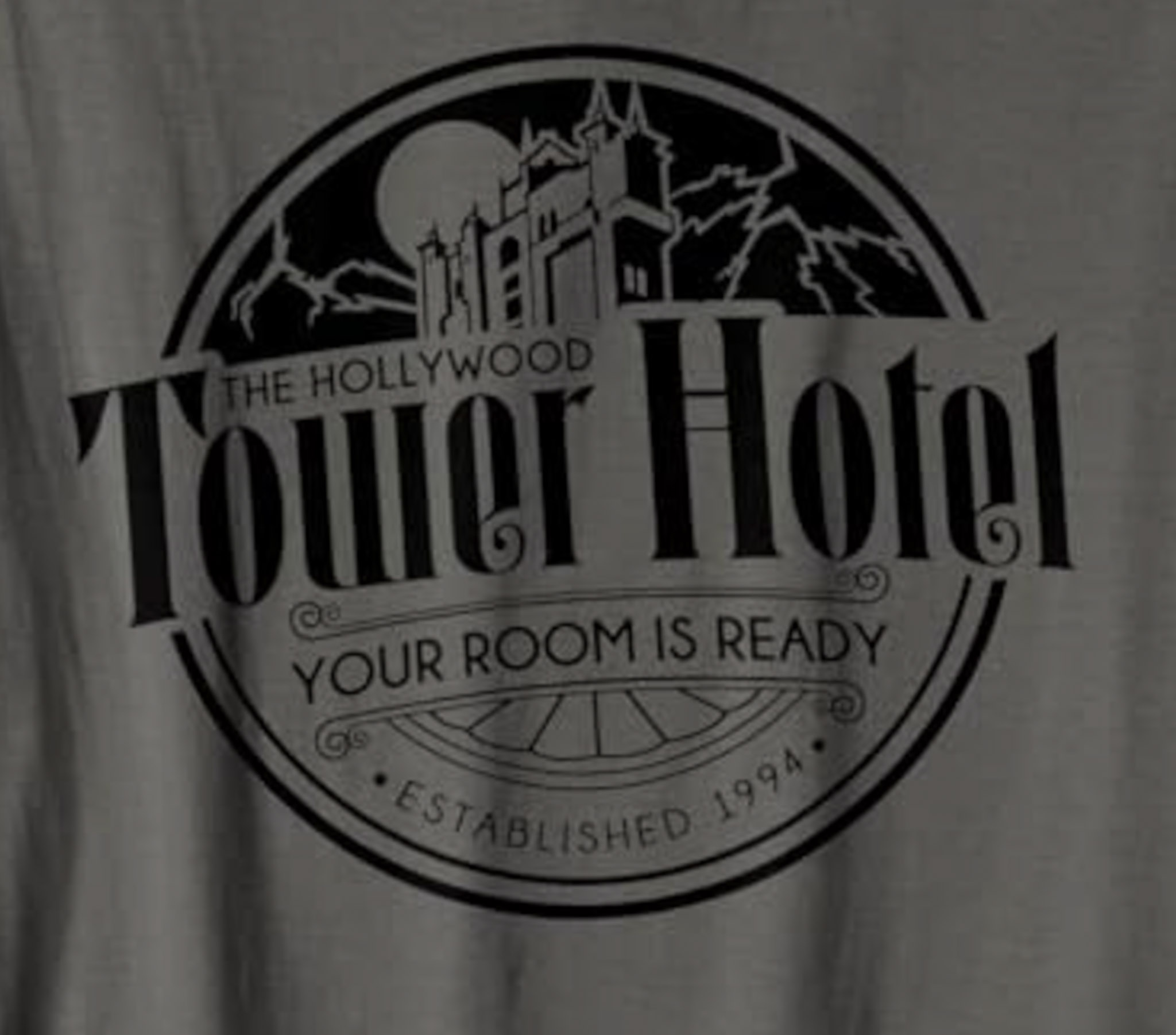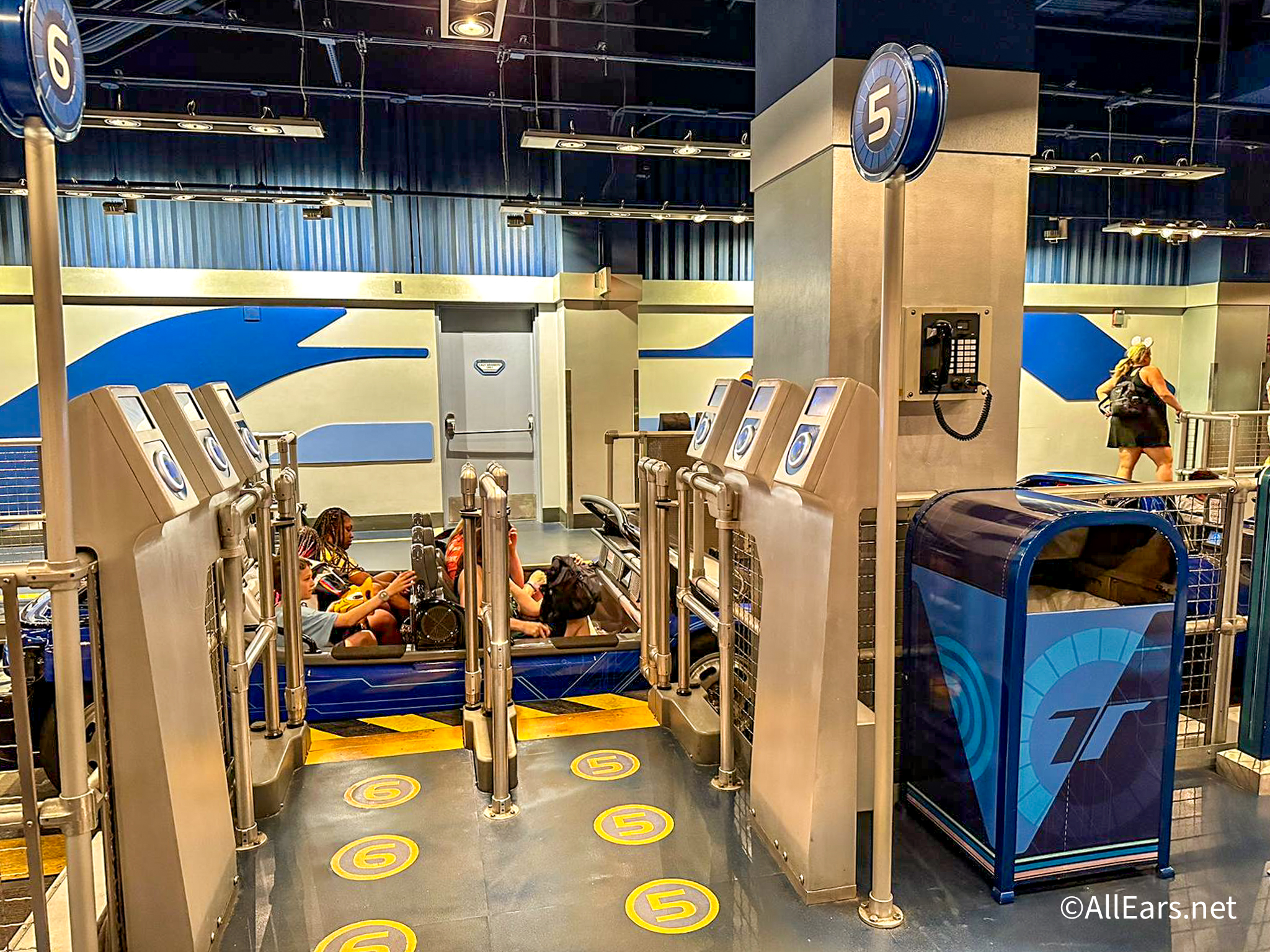For anyone who has ever laced up a pair of running shoes, and has gone out to jog or run, the thought has always occurred, “How fast can I run?”
I know that’s a thought that eventually crossed my mind one day. For me I didn’t really care as to how fast I could run, I was interested in just how far and for how long I could run.
When I first started running, back when I was a teen, I never wore a watch, heck I didn’t even know if there were such animals as running watches back then.
The only gear I was concerned about was comfortable running shoes and a pair of shorts and a shirt”¦who needed a watch? Certainly not me.
I’m not sure anyone starting a running program today would have the same luxury”¦to not care about how fast to run.
Sure the first time out, or maybe the first few times out there will be no concern for speed. However, there is no doubt that there will come a day when every runner will say to him or herself, “I wonder how fast I am running and”¦I wonder how much faster I can run!”
When that day comes then the watch finds a home on the wrist and then the fun begins.
Of course I’m being sarcastic when I say “fun” because I’m guessing that the majority of runners are never truly satisfied with their speed or pace. Runners by nature seem to be very focused and that means always looking to better themselves”¦and there’s nothing wrong with that.
Speed does come naturally to anyone who starts and maintains a consistent running schedule. There’s really no way to avoid getting faster. The body becomes more fit; most likely there is a weight loss; and I’m guessing that as anyone gets more and more into running they look at running in gear that suits them best.
Also, as runners train they find that their stamina builds and naturally they become faster.
A professional trainer once told me not to worry about speed and that once my body got into a certain rhythm and a certain level of stamina was reached then my body would begin to work as a tuned up machine and the speed would occur naturally”¦up to a point.
He went on to say that this stamina build would account for a majority of my increased speed and that a smaller percentage would come about through “conscious effort.”
I took that to mean that my body’s natural speed has a threshold and that the only way I could raise that threshold was to figure out a way to push or train myself so I could run faster.
There are many ways to increase your speed and there are books that can help you accomplish the goal of running faster.
You could read books like”¦
“Run Faster from the 5K to the Marathon: How to Be Your Own Best Coach” by Brad Hudson and Matt Fitzgerald or “Run Less, Run Faster: Become a Faster, Stronger Runner with the Revolutionary FIRST Training Program” by Bill Pierce, Scott Murr, and Ray Moss.
I’m sure there are many books that touch upon how to run faster. The question I want to ask you, however, is not what technique is best for you but instead, are you aware as to how fast you should run?
The awareness of which I speak is in regards to your body and what your body’s threshold is.
Maybe I need to be a bit more specific here.
When anyone begins a training program there comes that day again when speed comes to mind and then the great “Could vs. Should” question soons follow.
This question is basically a question to yourself and it goes like this.
“How fast could I run without hurting myself?”
In other words how far should you push yourself?
We all have thresholds in life and when it comes to running at various stages of our training we have two limits”¦one is distance and the other is speed. By varying these two parameters we can usually meet our every day training regimen and also tweak them to meet the needs on a specific training session.
For instance”¦many runners will settle into a nice comfortable run on most days and do whatever distance they normally do at a comfortable pace.
Those same runners, on race days, may make an adjustment for personal reasons. For instance, if you have Jon Smith who runs several times a week at a certain pace at a certain distance”¦he may change that pace for a shorter distance.
Maybe he’s running 10K three or four times a week at a 9-10 mile per minute pace but this particular day he is in a 5K-road race.
He may then elect to run the race at an 8-9 minute per mile pace because he will be out there for a shorter period of time.
For some this is how it works”¦for others it doesn’t matter what the distance is because the pace remains the same. I find that is how I run. Regardless if I run a 5K, 10K, or half-marathon, I seem to run the same pace.
There is something I have learned about pace and it was an eye-opener for me”¦and it helps to answer for me the “Could vs. Should” question.
Think about those times when you have gone out to run and decided to pick up the pace. What happened? Well you found out just how long you could keep up that pace before running out of steam.

You may also discover that your increased pace may change your stride length and how you land on your feet”¦that is toe strike vs. mid-strike vs. heel strike.
But the main lesson to be learned from increasing your pace is to see how your body reacts and this does not always involve instant feedback.
You may go out today for your normal 10K race and say to yourself that you want to run the distance at a clip that’s 30 seconds faster per mile than you normally run.
You may be tired after your run but you may not experience any pain. This would tell you that your increased pace had no ill effect on your body.
Wait 24 hours.
After 24 hours have passed if your body has any issues with your pace increase I’m sure it will send you a very clear message.
Any pain should be a flag that says you need to, at least in this point in your training, not run that fast, and perhaps try increasing your pace, but not so much.
This lesson is best learned by older runners who get to a point where they need to figure out how fast they SHOULD run to avoid injuries and to allow themselves to run as much as they can.
We all get to a point where we recognize, “Well I know I can run faster but is it worth it?”
So keep this in mind as you enter the point in your training where you want to improve your pace”¦but remember”¦.it’s more important to know how fast you SHOULD run than how fast you COULD run.






















Trending Now
We bet we'll be seeing a LOT of people in these new Amazon shirts in...
Join us on YouTube this Saturday morning for a LIVE premiere of the AllEars Team...
From time to time, rides and attractions are taken out of production temporarily for various...
Southwest Airlines is dropping four airports off its roster!
We found your perfect Hollywood Studios tee.
Here are some Disney household items on sale right now from Amazon!
Hollywood Studios was sold out... AND WE WERE THERE.
Welcome a new store to Disney Springs with us!
There are so many places to rest your head at the end of a Disney...
An iconic EPCOT ride got a bit of a refresh recently!
MAJOR changes are happening in Disney World in May -- see them here!
Buzz Lightyear's Astro Blasters is permanently closing to make way for a new Wreck-It-Ralph attraction!
What kind of Magic Kingdom fan are you?
We would love to know what Disney World is planning for this abandoned spot!
We're a little surprised that these ride trends haven't changed in Disney World yet!
Here are some cheats we use at Disney's Hollywood Studios all the time!
A Hollywood Studios attraction is closing for refurbishment in one week!
A ride set to get reimagined was closed TWICE yesterday.
An incredible film dedicated to the imagination and creative journey of a beloved icon will...
We tried out the CHEAPEST club level in Disney World -- here's what you can...